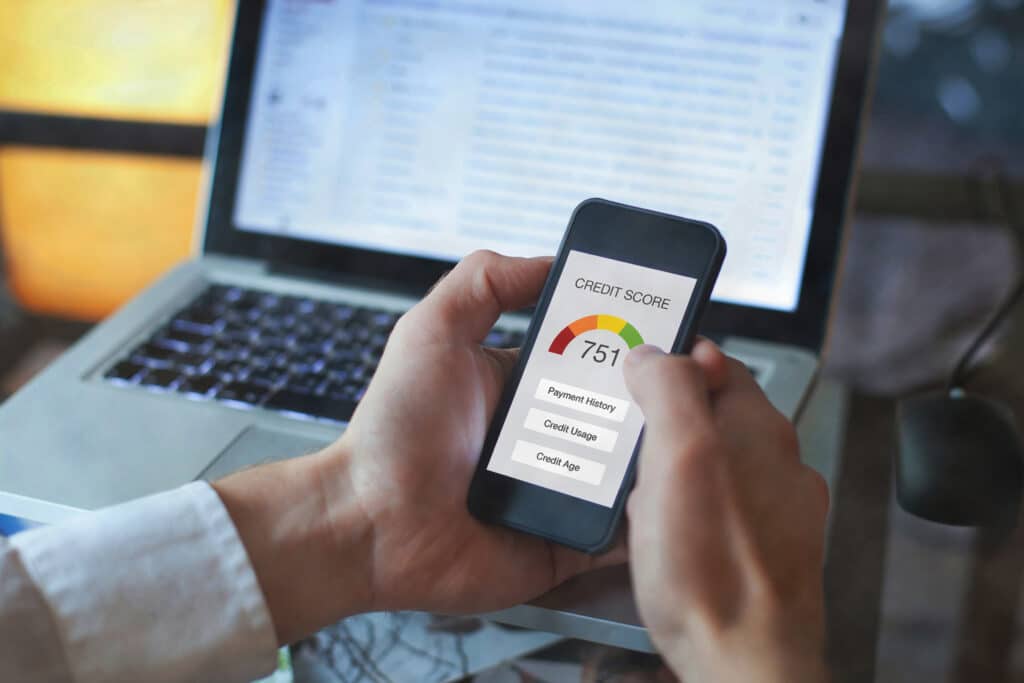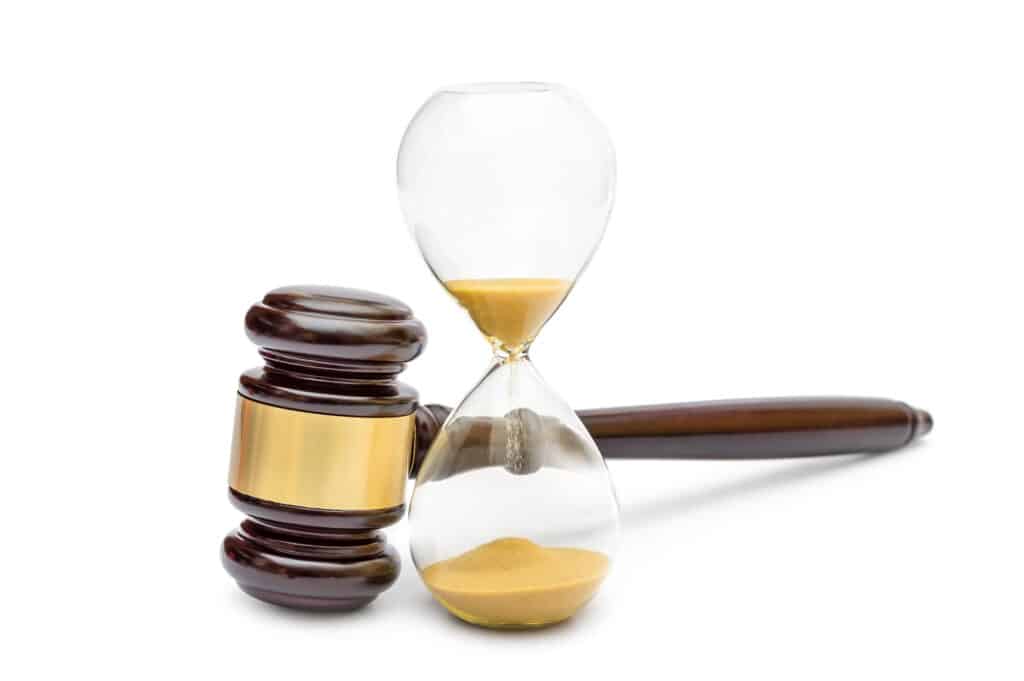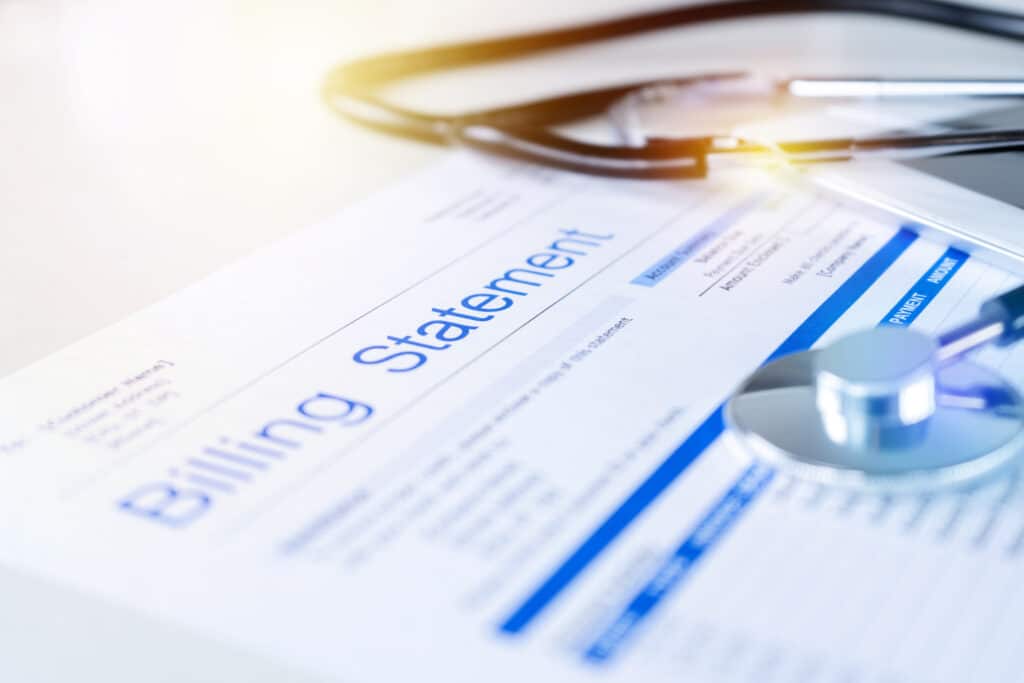Consumer bankruptcy under Chapter 7 and Chapter 13 is available to individuals and married couples who are seeking effective, long-term debt relief. Couples who are contemplating dissolution or have recently divorced should understand special aspects of the bankruptcy process that are relevant to their situation.
Financial hardship is the primary reason for bankruptcy applications. It is also a common source of marital strife. In many cases, the marital estate may consist largely of debt, and division of these obligations is a key part of the divorce process. But, according to Chicago bankruptcy lawyers, the sequence in which divorce and bankruptcy occur has important implications for each spouse.
Bankruptcy Before Divorce
For couples who have the foresight to realize that bankruptcy can deliver the debt relief they need now or will soon require, completing that process before negotiating a divorce agreement is a very good idea. The primary reason: creditors are not bound by the divorce decree, which is a civil matter between two individuals.
In other words, one spouse’s pledge to pay off a credit card balance is irrelevant if that spouse later discharges debt through Chapter 7 bankruptcy after divorce. If the other ex-spouse was once a joint account holder, he or she can be required to pay the balance.
Bankruptcy Provides Solutions Before or After Divorce
The issues that lead to bankruptcy may not arise until after divorce, such as job loss or a serious illness to one ex-spouse. The non-filing ex-spouse may also benefit from legal strategies regarding asset protection, foreclosure and other issues.
Regardless of your divorce and bankruptcy needs, discussing all of your circumstances with a Chicago bankruptcy lawyer can lead to a better plan for financial independence in every sense of the phrase.













